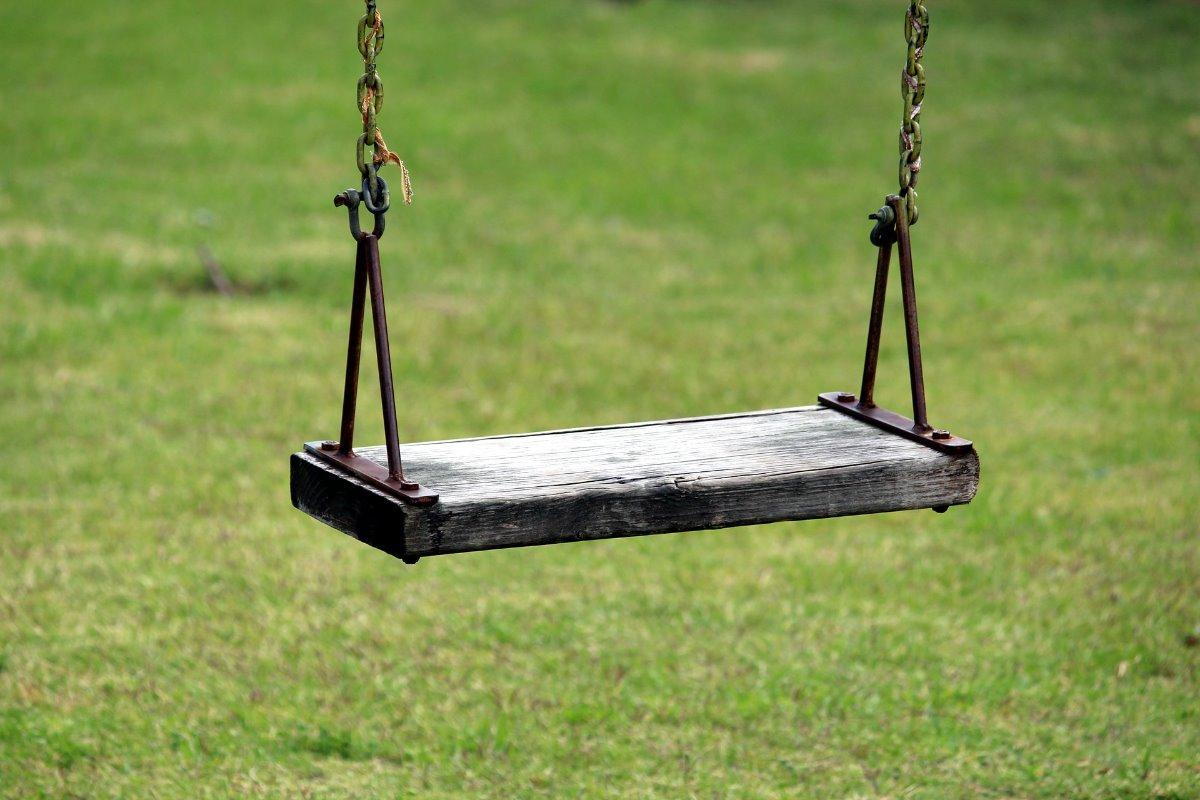
Parental alienation occurs when one parent attempts to turn the couple's children against the other parent. Occasionally, the alienating parent will attempt to enlist others in alienating the targeted parent. This usually includes friends and family, but may also clergy, psychotherapists, social workers, lawyers, a guardian ad litem or other individuals with status or power.
What are the Alienator’s Motivations?
- Retribution for a divorce, even if it is the alienator that initiated the divorce
- Jealousy of the ex-spouse for remarrying
- Attempts to extort more money from the alienated spouse, possibly through additional child support
- Selfish desires to have the child to themselves
This alienation does not reflect on what kind of mother or father you are. Rather, it is about your ex-spouse's mental and emotional struggle with unresolved abandonment issues or other personality / mental health issues.
The mental health literature indicates parental alienation occurs in families where one and occasionally both parents have a personality disorder, most often borderline or narcissistic personality types. This pattern is not seen in divorced families with healthy parents.
The literature also indicates children don’t turn away from parents unless there is an alienating parent and the child is afraid of that alienating parent. Children won’t turn away from the pathologic parent - they are afraid. But they will turn away from the loving healthy parent – they have nothing to fear there. It is the pathologic parent the child is afraid to lose - not the parent with whom they feel safe and loved.
The Consequences for Alienated Children
Not all children’s alienation originates with an aggrieved parent. A child may have his or her own reasons for rejecting a parent. This should be addressed by both parents and any necessary mental health professionals. This does not always happen however.
Richard A. Warshak, Ph. D. writes in a 2013 article titled What Is Parental Alienation 1, “With very few exceptions, when children relate well to one parent, but irrationally reject the other, the children identify with the favored parent’s negative view of the other parent. If it were not for the favored parent’s cooperation with, and often approval and encouragement of, the children’s rejection of the other parent, the parent-child conflict would not become and remain severely impaired”.
“When these behaviors are deliberate, and result, or have the potential to result, in significant psychological harm to the child, mental health professionals refer to this as child psychological abuse”.
The Mental Consequences for the Alienated Parent
Although the alienated parent can say ‘this is not about me’, the consequences are ‘for me”.
Not only is the ex-partner guilty of psychological abuse of a child, that ex-partner is also abusing the alienated parent. The consequences of psychological and emotional abuse are significant and can include:
- Depression and withdrawal
- Excessive fear and anxiety
- Feelings of hopelessness or helplessness
- Agitation and frustration
- Inability to make decisions
- Loss of interest and enthusiasm
- Loss of dignity and self-worth
- Passivity and non-communicative behavior
- Changes in behavior or personality
The suicide rate for divorced and separated adults in the United States is about 2.4 times greater that it is for married individuals. Suicide risk factors that can be directly associated with being an alienated parent include:
- Feelings of hopelessness
- Isolation or feelings of being cut off from other people
- Loss of an important relationship
Emotional Support for the Alienated Parent
Too often, the emotional consequences of alienation leave the alienated parent vulnerable to further exploitation and abuse. The alienated parent frequently appears to the court and other government service agencies as irresponsible, procrastinating, unable or unwilling to meet obligations.
In reality many of these alienated parents are severely depressed with co-occurring depersonalization or derealization disorders. These disorders are clinically significant distress and impairment in social, occupational and other important areas of functioning. This can have a significant impact on the outcome of custody and placement. Often increasing the time vulnerable children spend with the abusive parent and rewarding the abuser with an increase in child support.
Mental health professionals like counselors, psychotherapist, psychologists, psychiatrists and clergy can help. When an alienated parent has emotional support, necessary coping skills and a mental health professional as an advocate, outcomes for that parent will be significantly improved as will the relationship with their child.
I would be happy to work with you during this difficult journey. Please call me at 262-933-1071 or schedule an appointment online today.
(1) What Is Parental Alienation may be downloaded at: https://www.warshak.com/publications/what-is-parental-alienation.html
